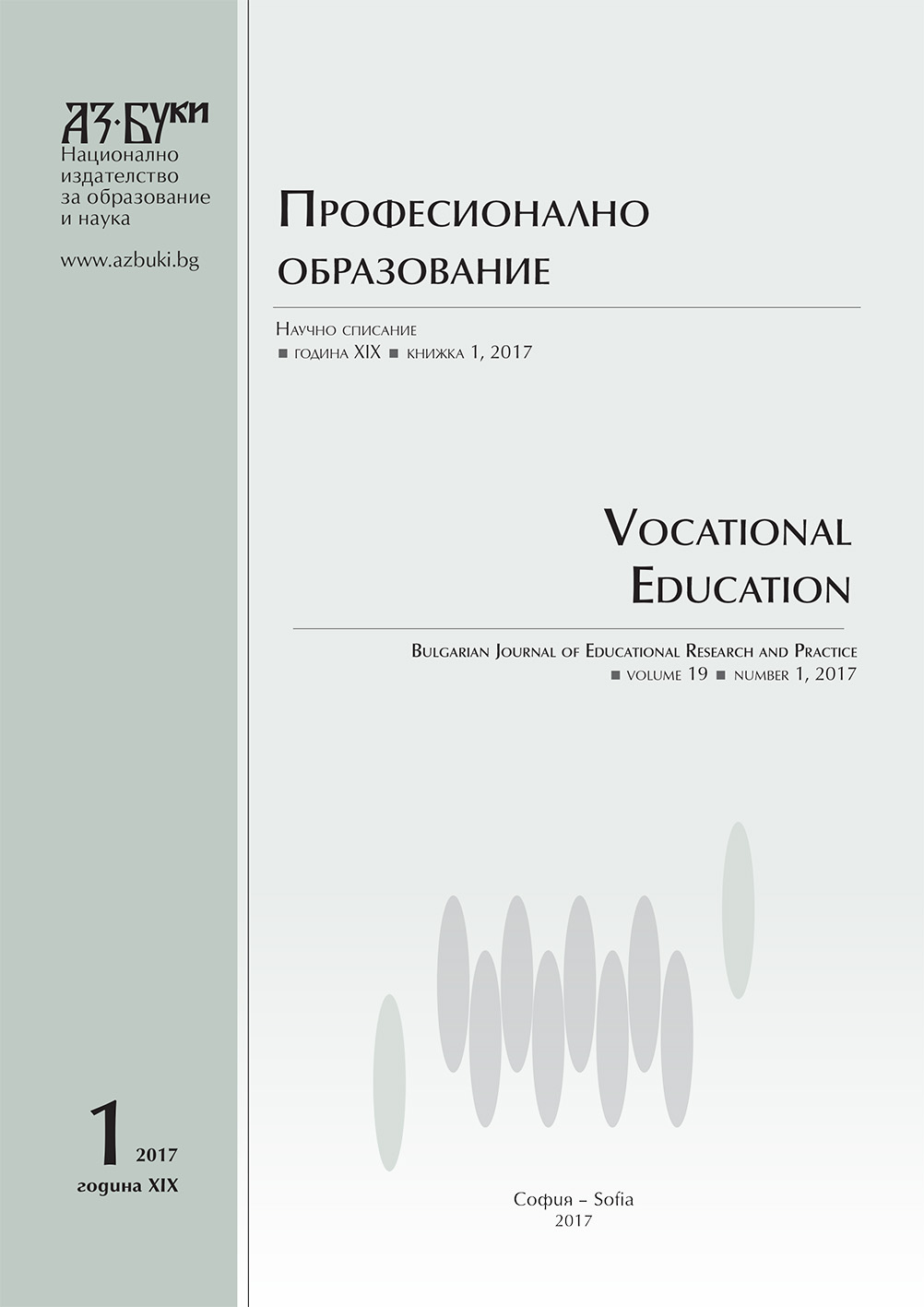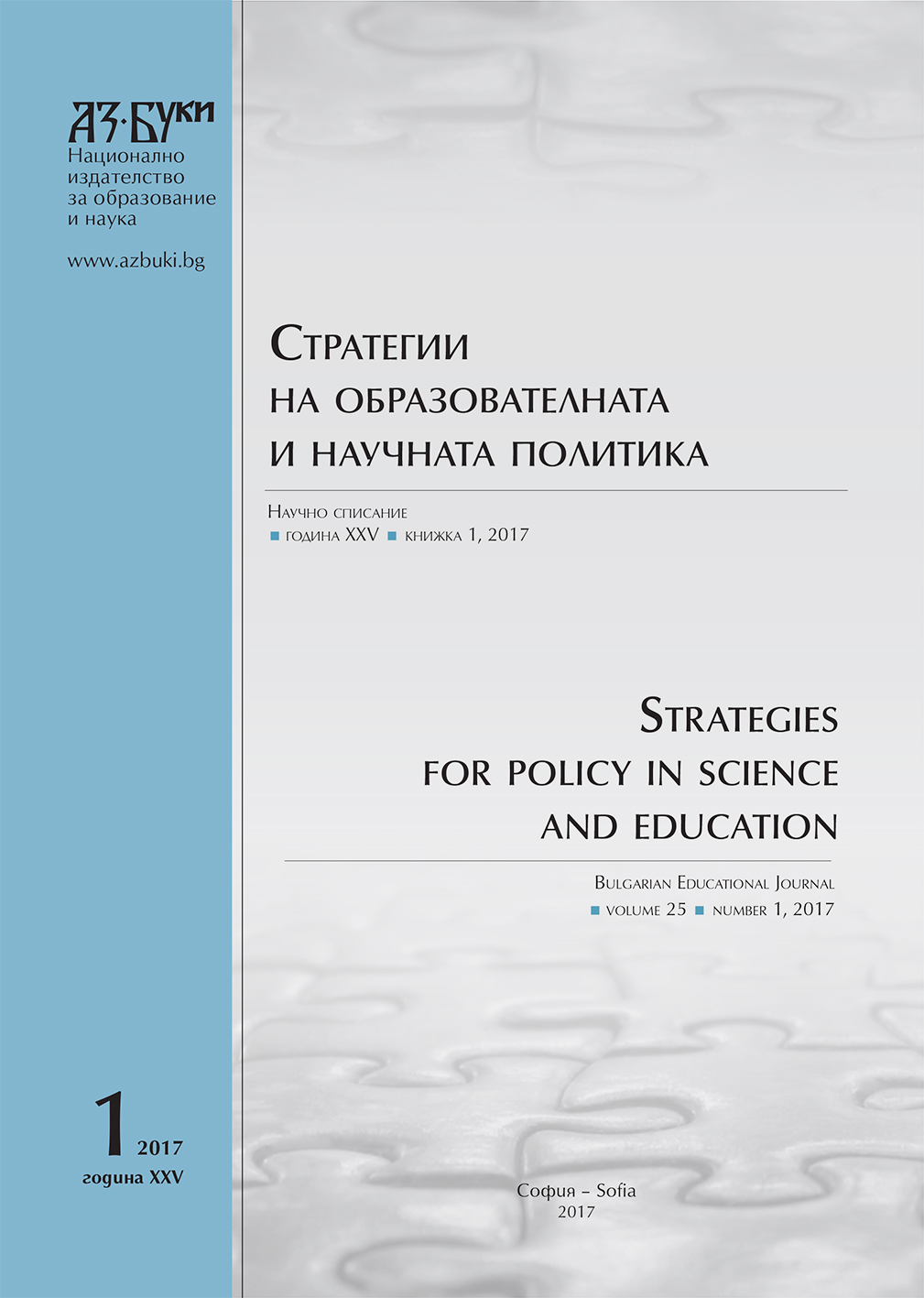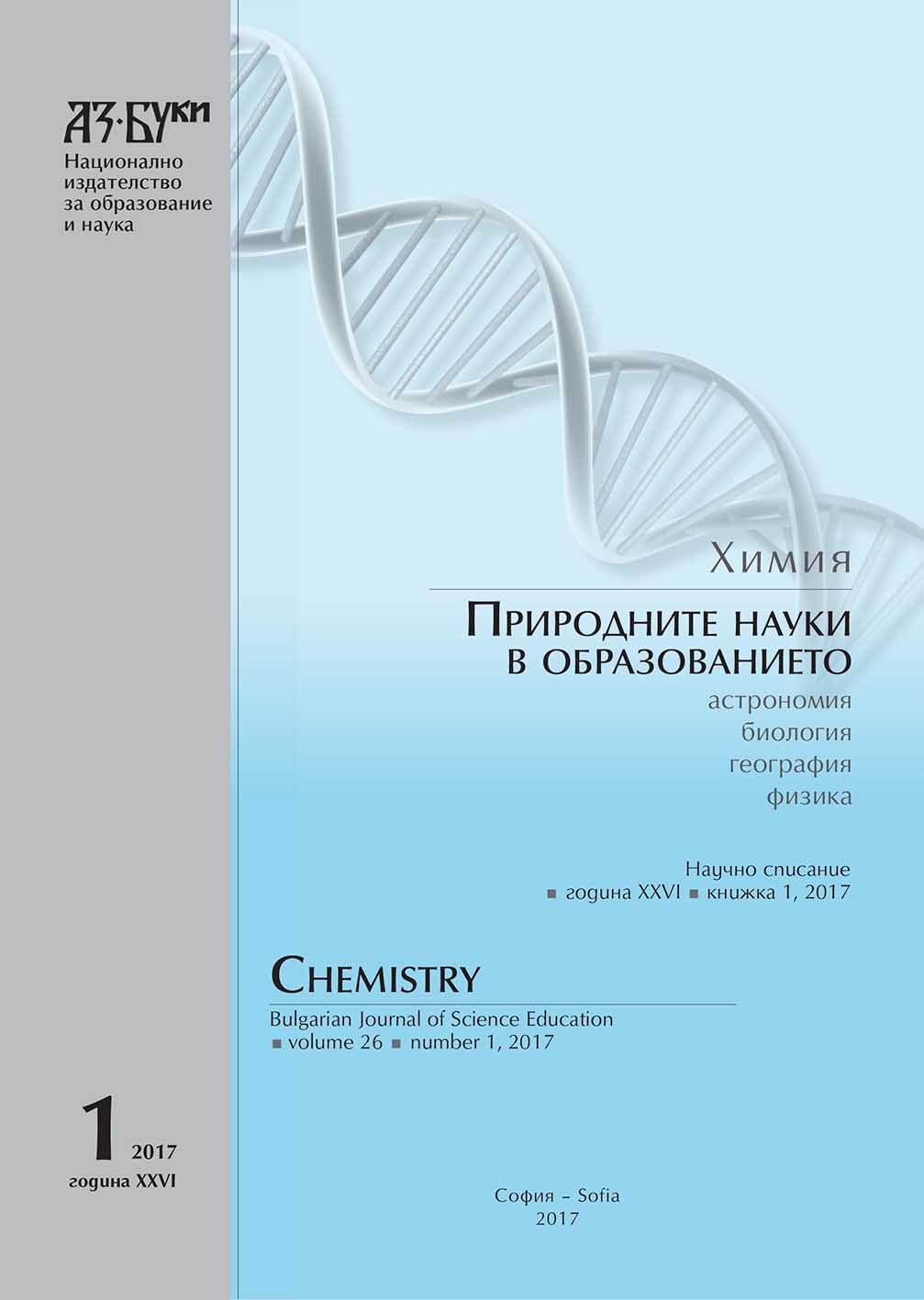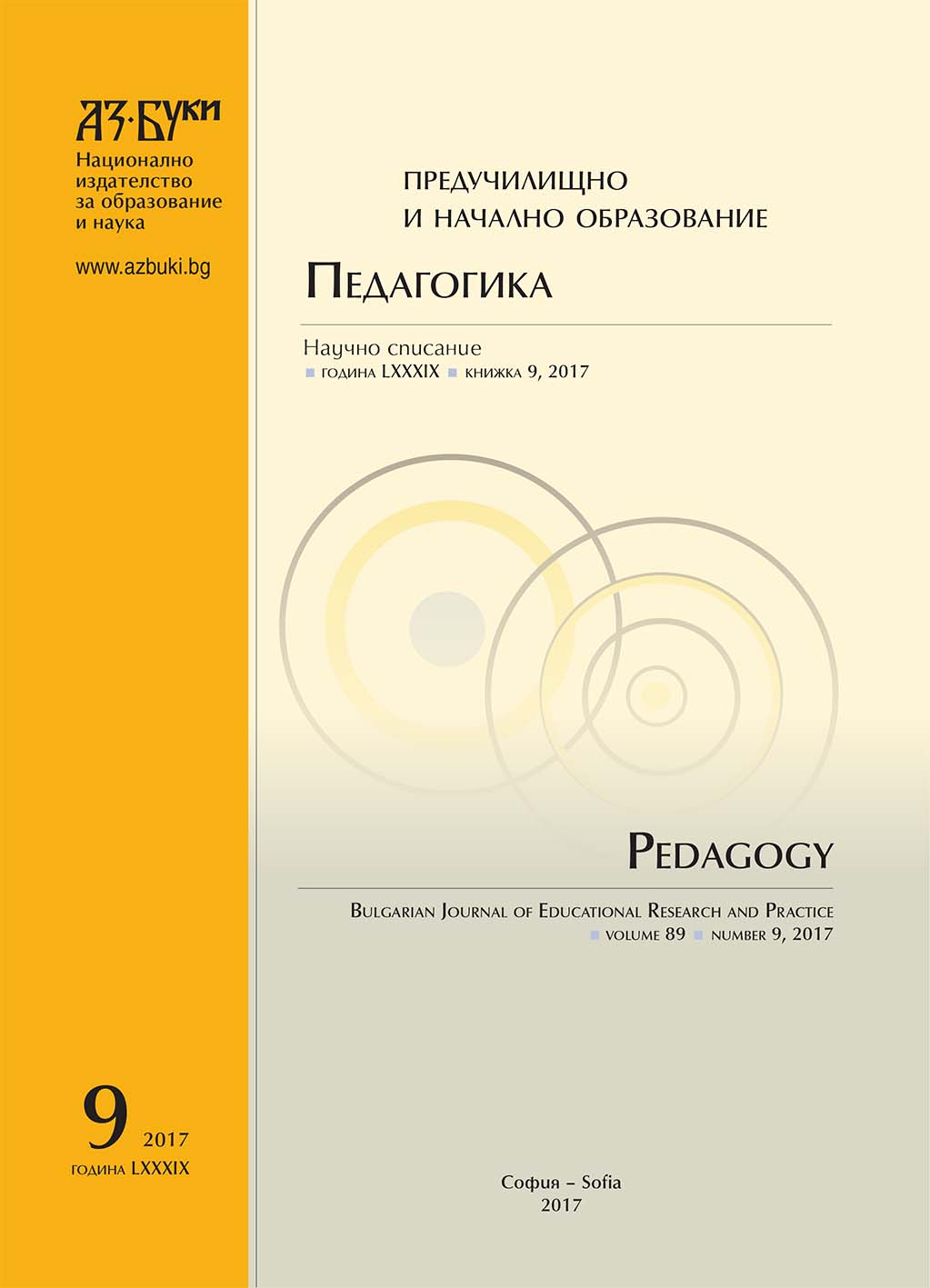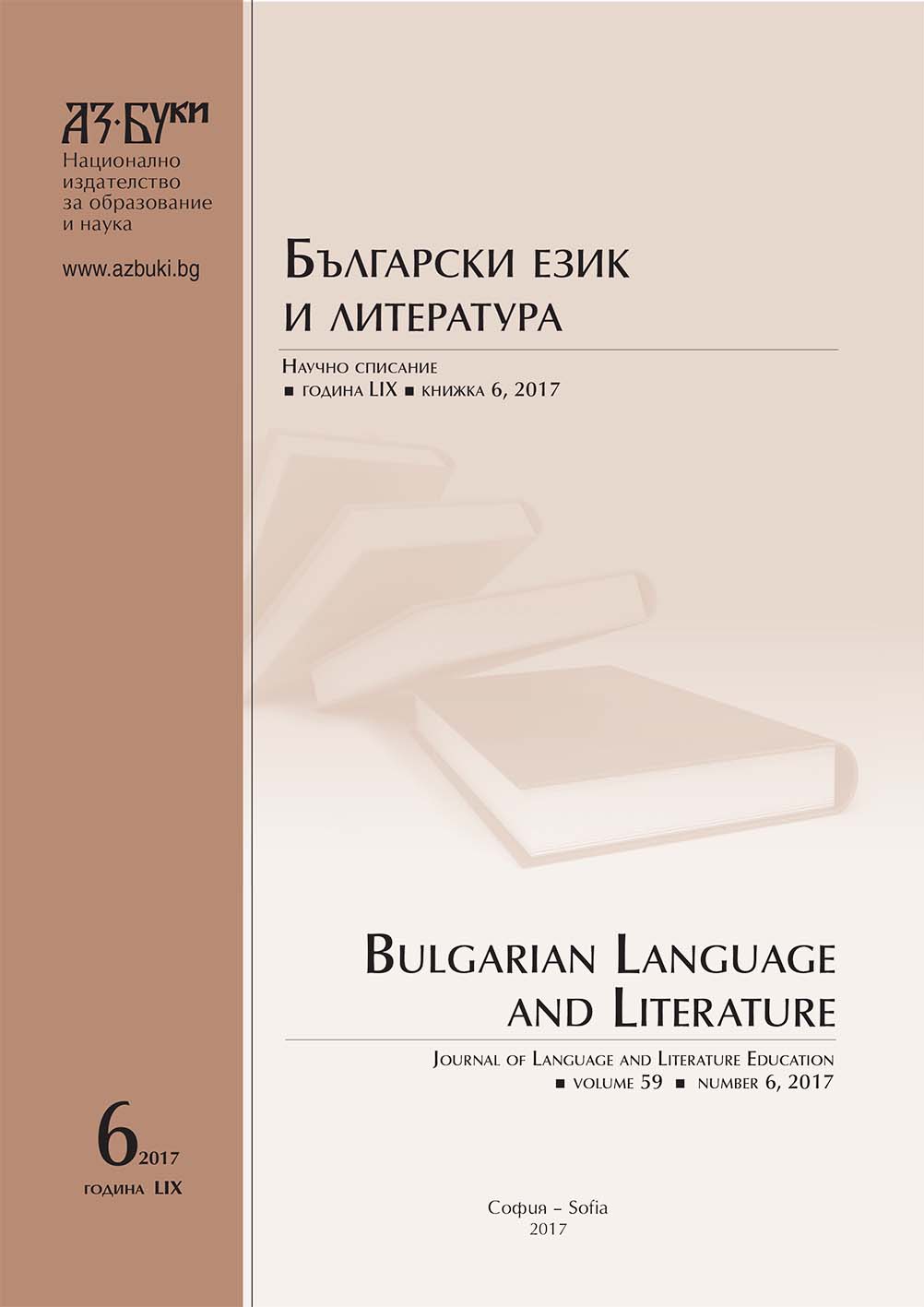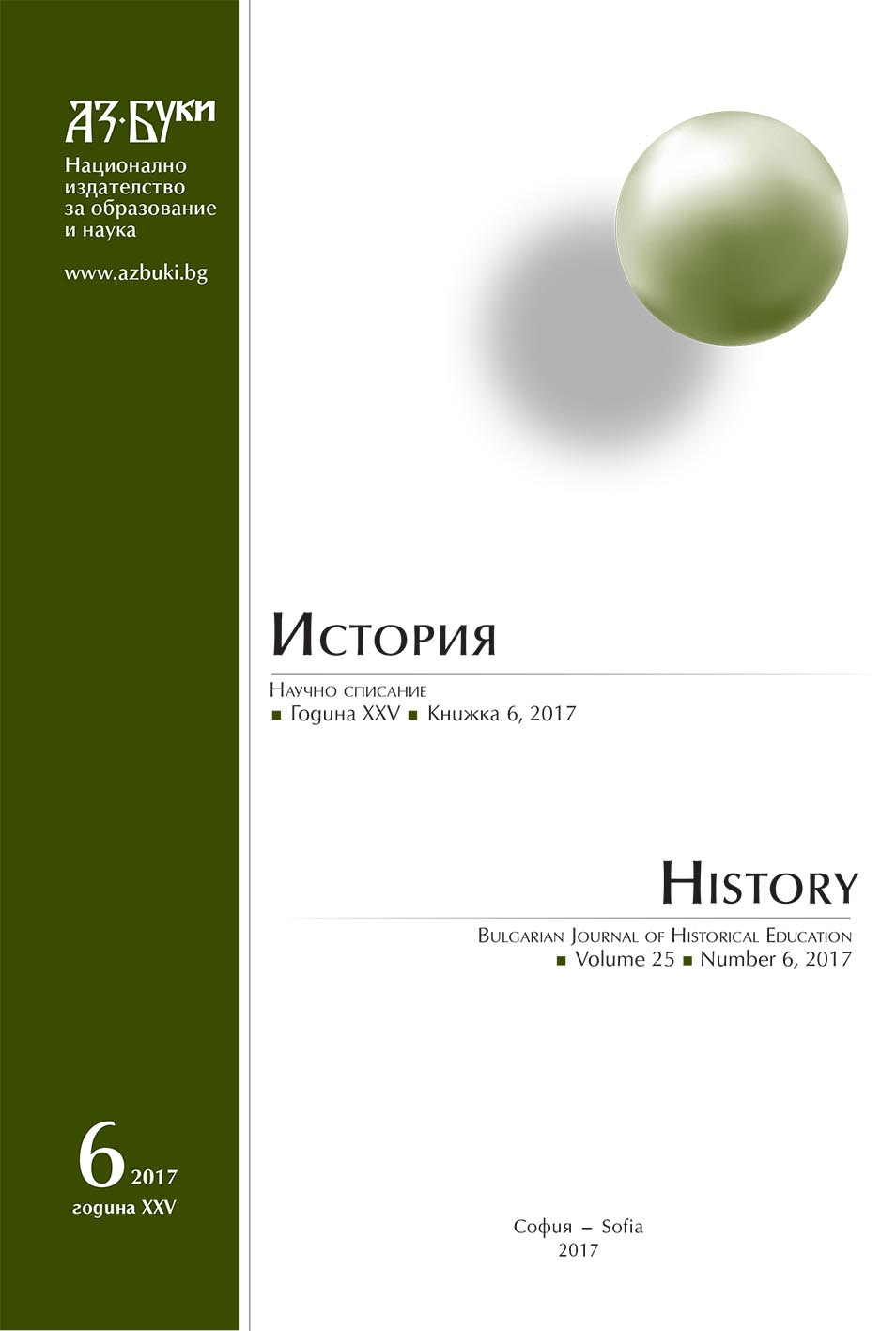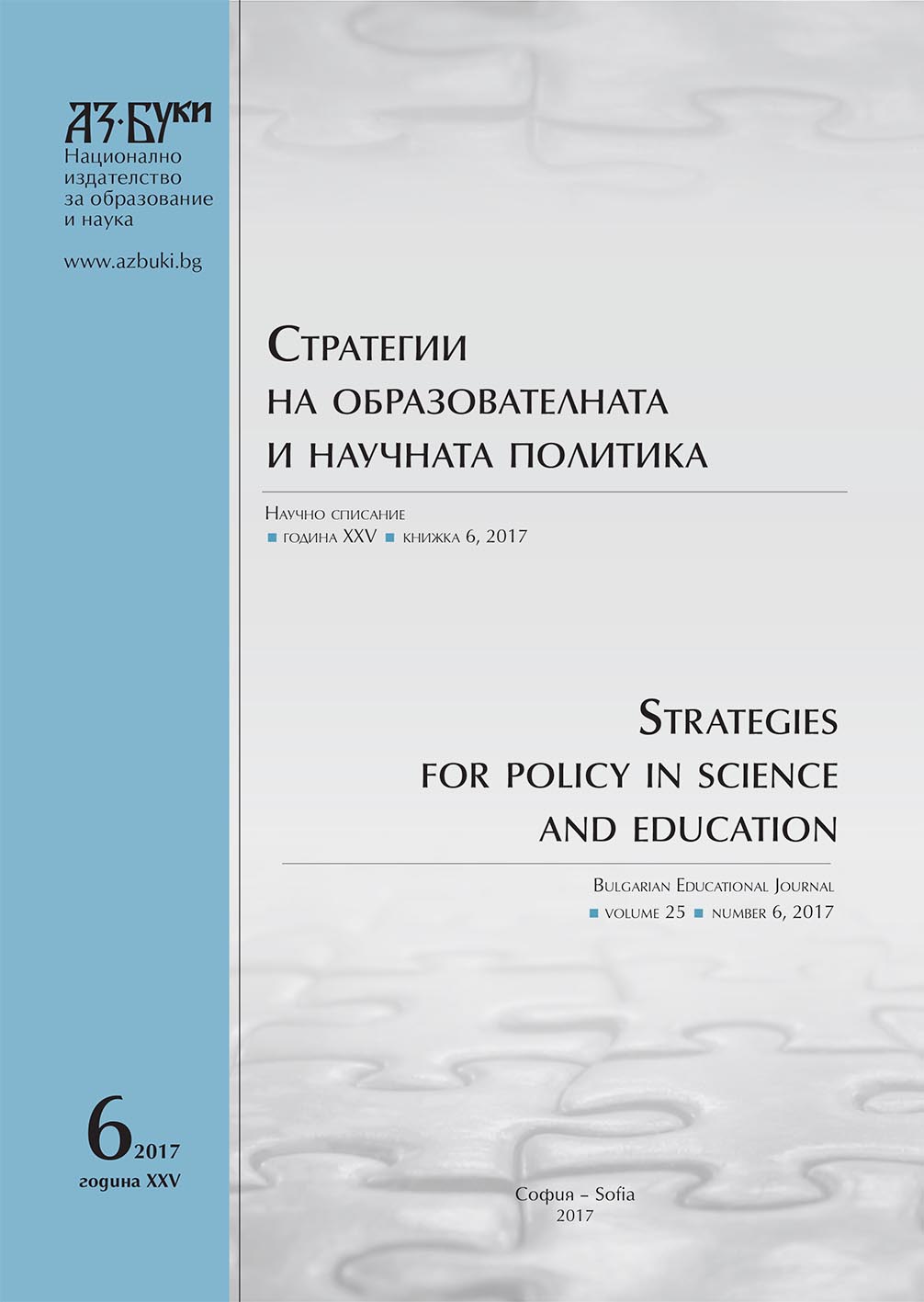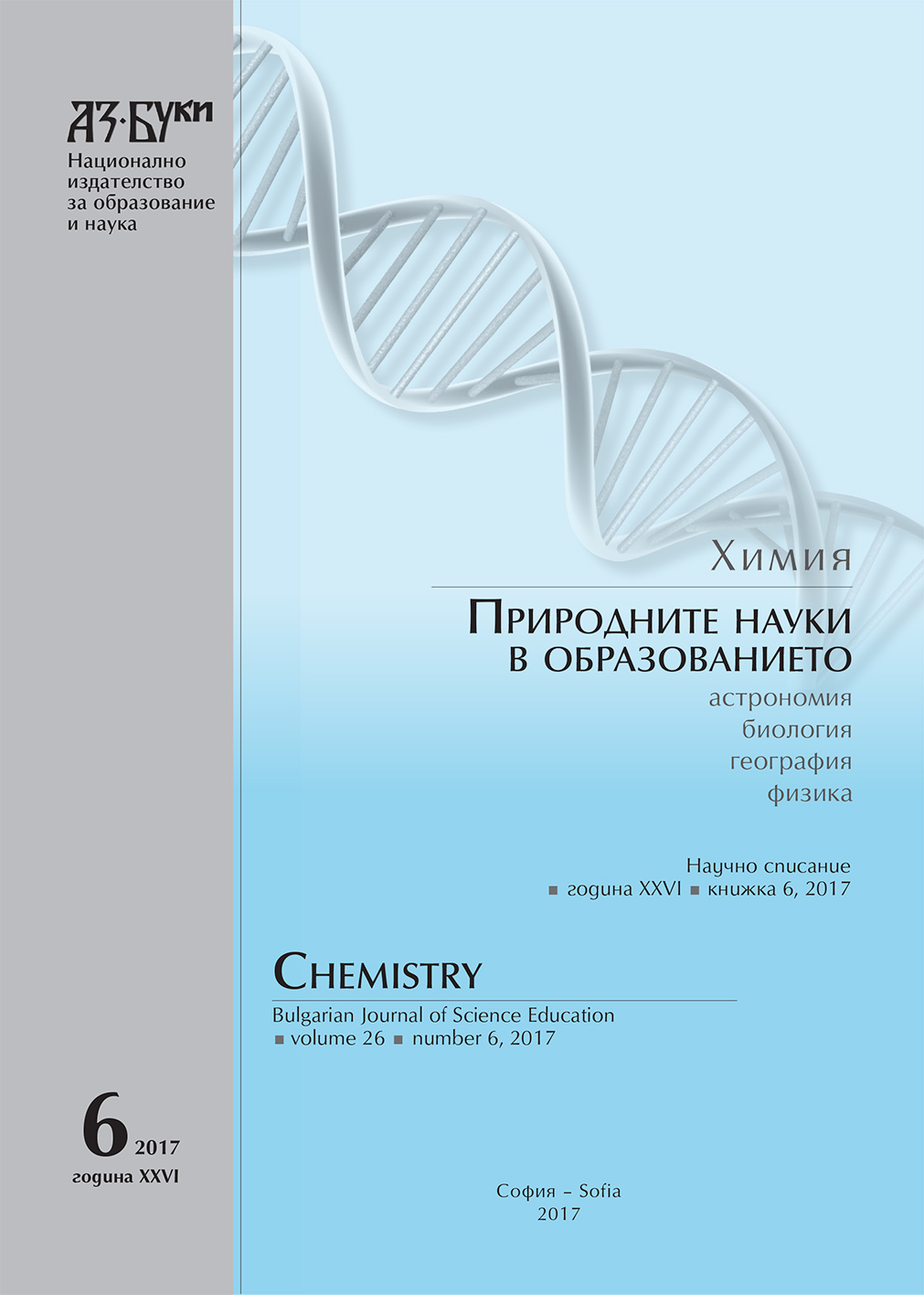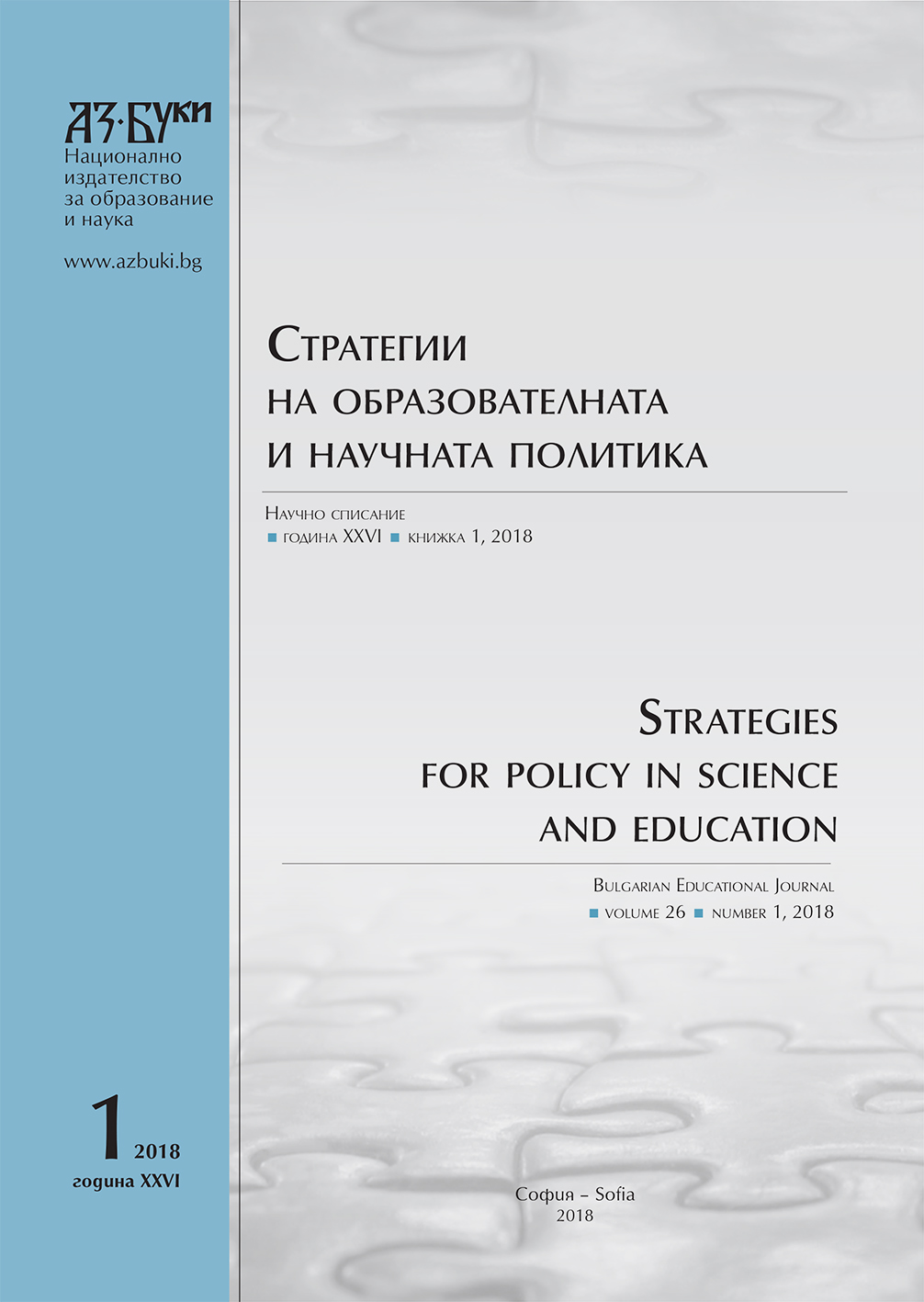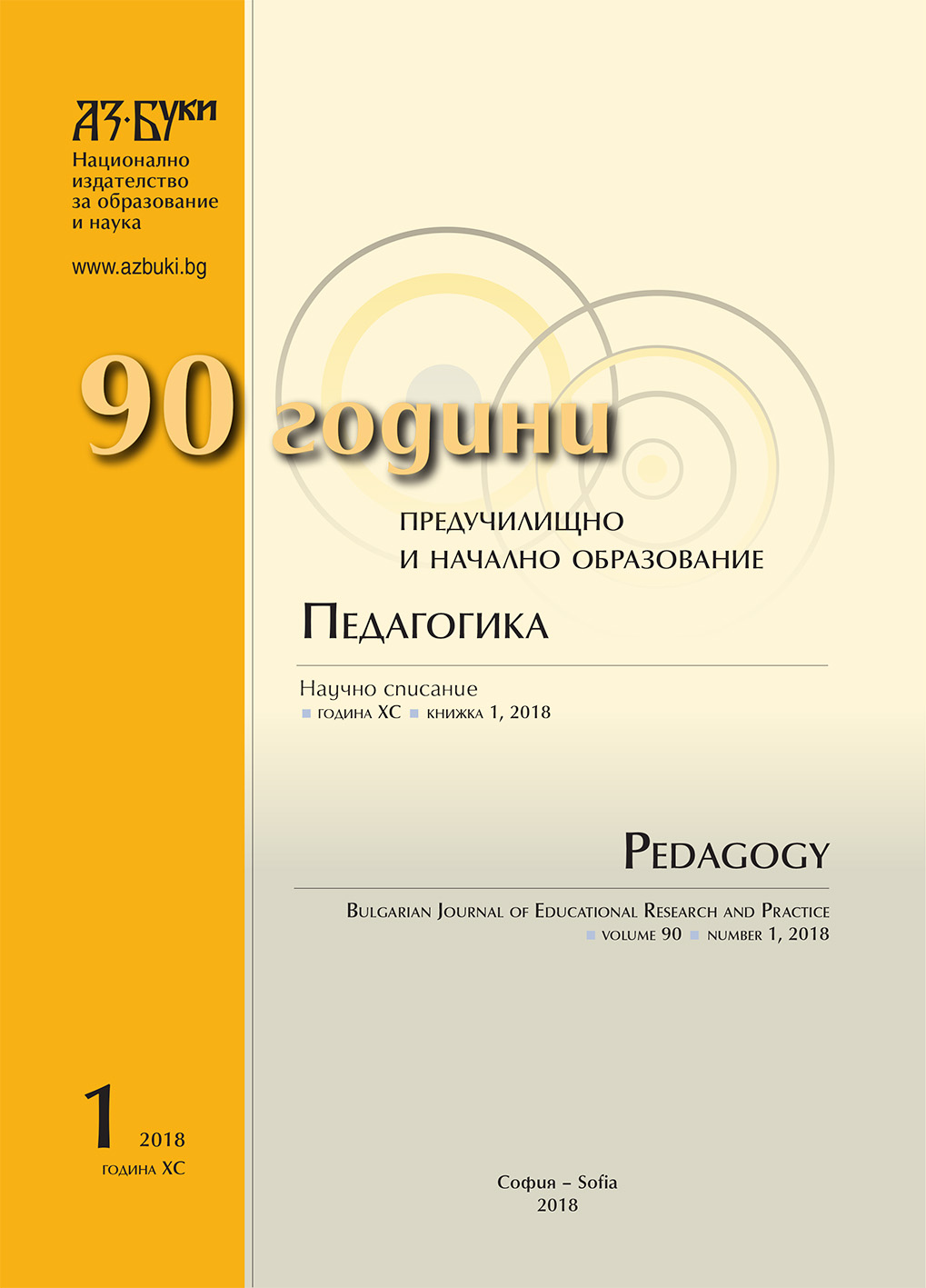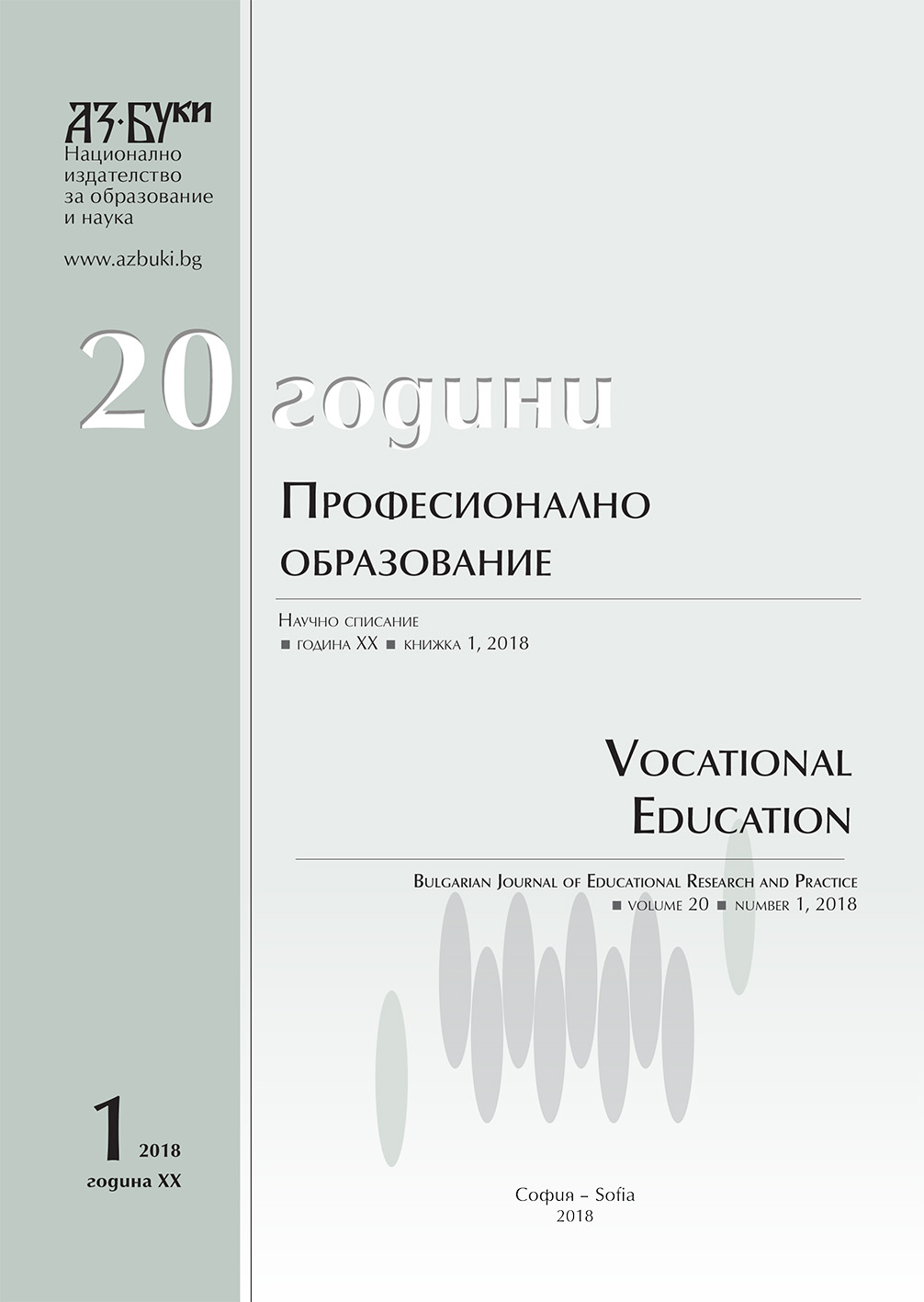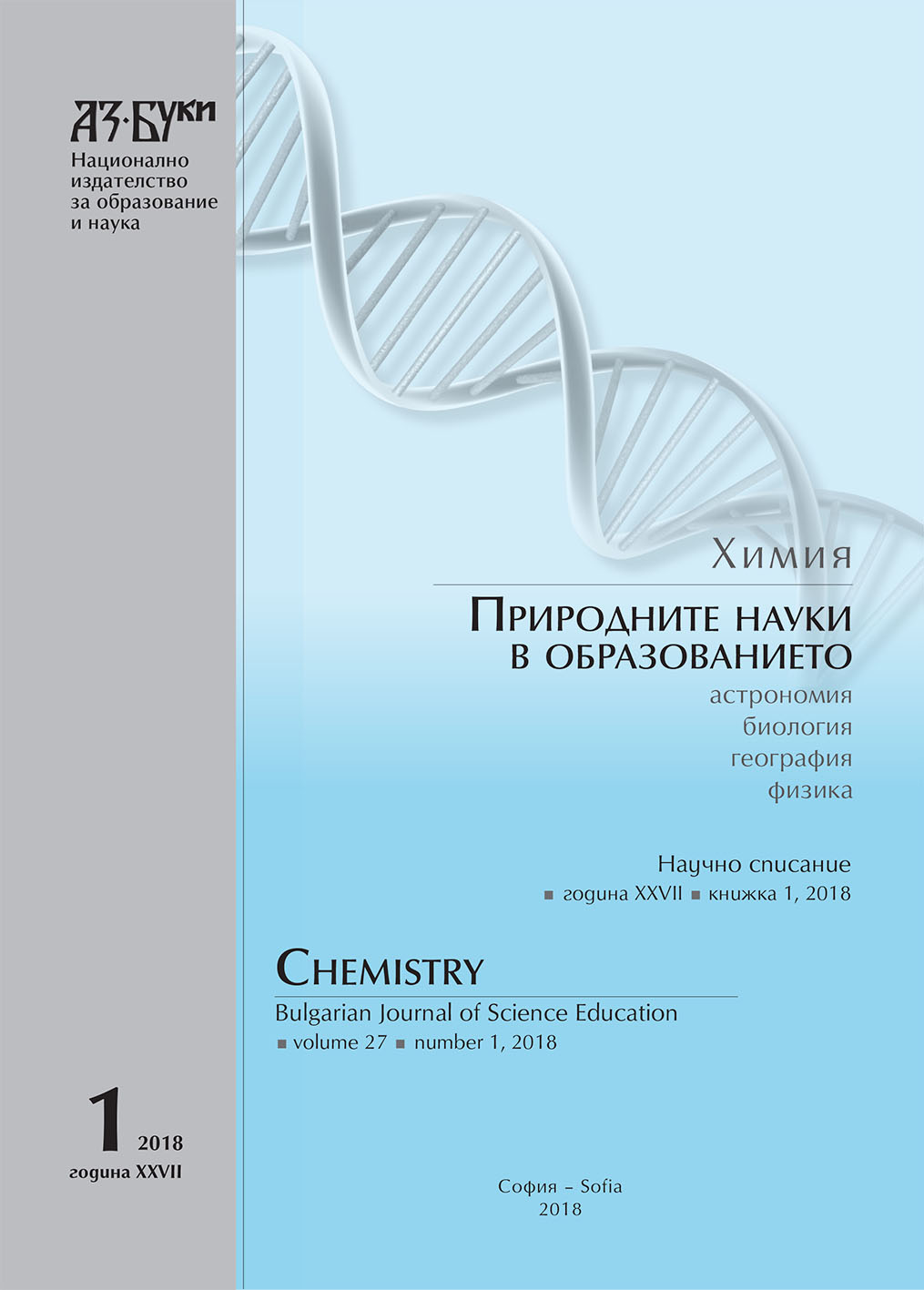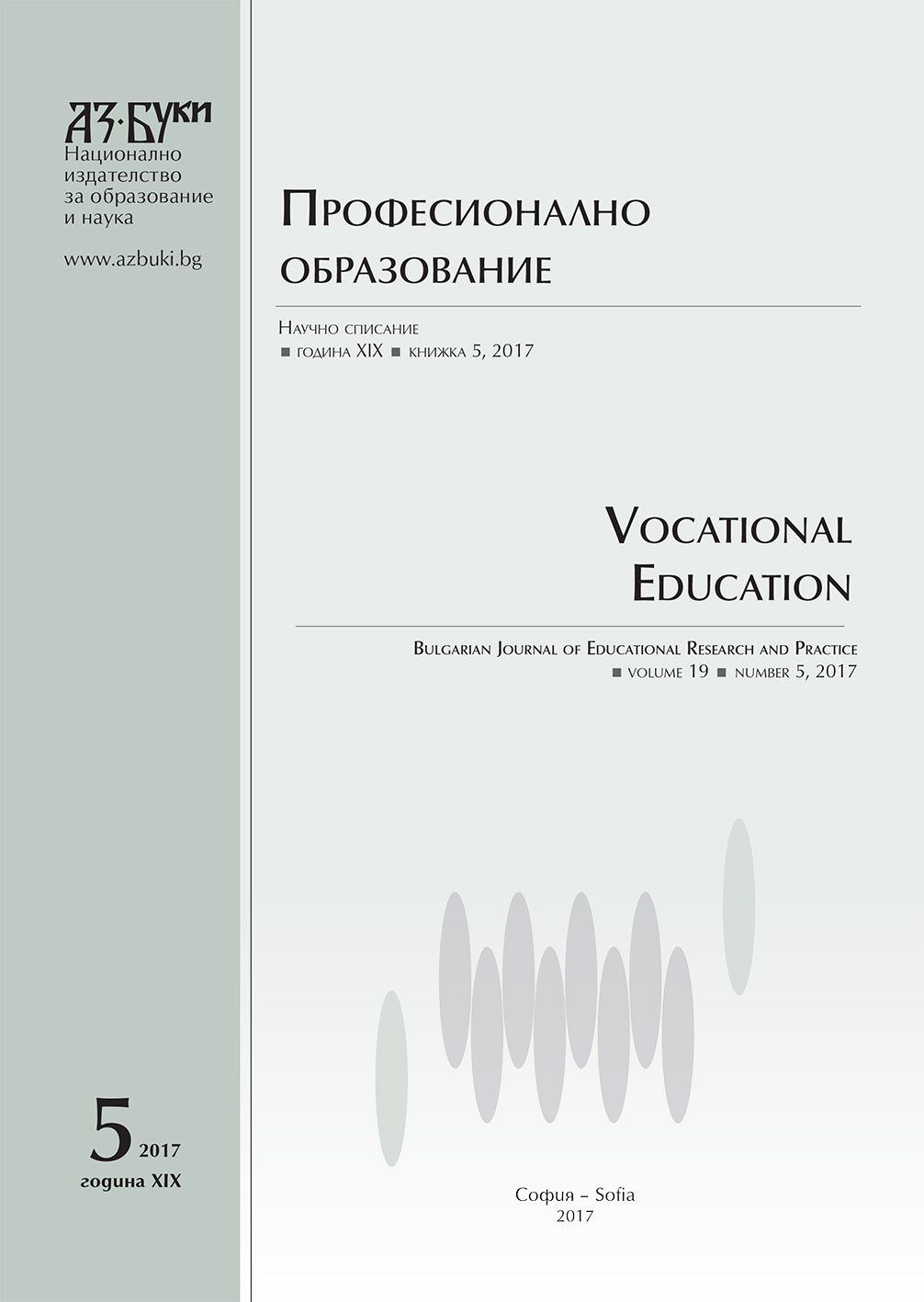
Разрешаване на конфликтни ситуации в училище от учители медиатори
Life is too short to waste time, energy and stress in dragging the unresolved conflict – especially if it makes you suffer every day. Frequent clashes with violence in schools seem hopeless. Obviously, we can not approach in the same way, i.e. applying only disciplinary punishments and expect a different result. We need to use actual working instruments. Mediation is a powerful tool for resolving conflict situations in school. In school mediation that is also known as school intervention meetings are held in order to achieve mutually satisfying dispute resolution, supported by a neutral third party (mediator) in the cozy space of open dialogue and partnership. School mediation is an effective method for the so called “win-win” resolution of disputes, enabling both sides involved in the conflict to win and continue their relations, having mutual interest. It is possible to transform disputes by school mediation before they have occurred. It is also possible to transfer disagreements into creative energy. The article presents various conflict situations, real for Bulgarian school, and a way that they can be resolved by the teachers-mediators.
More...
